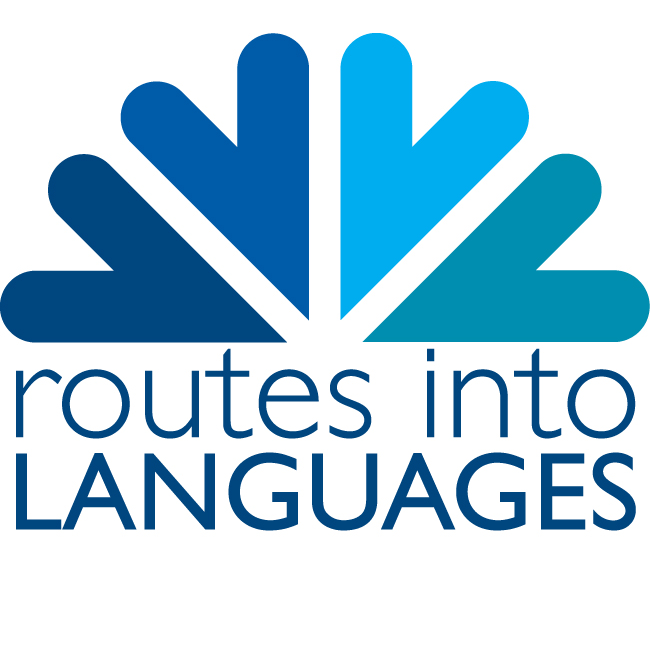The Association for Language Learning has recently published news on the current situation within Government of the curriculum and the role of language learning within it. Below is their call to action. Please use the links provided to found out more information and have your say.
After ten years of decline in languages education, we’re now at a turning point. The Government has been making very positive noises about the importance of languages and it’s now our chance to have a say in shaping the curriculum and the role of language learning within it. It’s the moment we’ve been waiting for and it’s crucial that we respond both as individuals and as a community and that we encourage as many people as possible who are not directly involved in language teaching (especially parents) to respond in a positive way, too.
What you need to know
Education Bill:
The Government has now published its Education Bill, after releasing its Education White Paper back in November. You can find out more on the ALL website.
Curriculum Review in England:
The Department for Education has now announced the review of the primary and secondary National Curriculum in England - and they want to hear YOUR opinions about what is taught in schools:
The Basics:
Phase 1 of the review will:
- define the overall shape and structure of the National Curriculum
- consider which subjects will be included, and which left out
- what support will need to be in place in schools to support this
It will also look at detailed programmes of study for English, Maths, Science and PE.
The DfE has launched a Call for Evidence from Jan – Apr 2011, seeking feedback from all interested parties. Ministers will announce which subjects will be included in the National Curriculum in Spring 2012.
The questions about languages in the online consultation ask:
Should languages be
1. part of the National Curriculum? In which key stages?
2. compulsory, but not part of the National Curriculum? In which key stages?
3. non-compulsory, but with a programme of study? In which key stages?
Phase 2 of the review will establish the detail for the remaining subjects forming part of the National Curriculum, or where there are non-statutory programmes of study.
The Call for Evidence for this phase will take place in Spring 2012, and final decisions on this phase will be announced in early 2013.
Read more about the timetable, remit and aims of the review here, together with some FAQs.
Three crucial things to do NOW:
1. Talk to ALL
ALL will be collecting your opinions on how languages should be taught in schools, to present to ministers as part of the review. ALL has regular meetings with the DfE, and is in a good position to influence language teaching policy for the better.
We want to make the best possible case for language learning to be an integral part of the core curriculum in primary and secondary education. We need your views!
You can contact ALL:
- By Email: to curriculumreview@all-languages.org.uk,
- On Facebook: www.facebook.com/alllanguages.org.uk,
- On Twitter: http://twitter.com/wendynewman1,
- By Post: to: Association for Language Learning, University of Leicester, University Road, Leicester LE1 7RH.
2. Respond directly to the Department for Education
We need language teachers to respond individually to the DfE as well. This is our chance to shape future language teaching policy. This is our opportunity, as a community, to speak up for our subject and make our voices heard.
You can do this in the following ways:
- Online: view the consultation document and respond on the DfE website.
- By Email: to NCReview.RESPONSES@education.gsi.gov.uk,
- By Post: download the documents online, and send them to: Department for Education, Consultation Unit, Area Level 1 C, Castle View House, East Lane, Runcorn, Cheshire, WA7 2GJ.
- On Facebook: information on the curriculum review: www.facebook.com/educationgovuk.
3. Encourage others to respond
The voices of language teachers across the country area very important to shaping the future curriculum. But we also need voices outside our own community to make the case for languages: school governors, parents, local business people, key colleagues in other educational sectors: please encourage everyone to voice their support for languages through the channels mentioned above.
In the ALL's September 2010 consultation with members on the current state of language teaching, a Head of Languages at a secondary school in the North East summed up what so many of us feel……
“We as a body of professionals need to get together and say what we believe are the most effective pedagogical approaches to language learning... We are the people we have been waiting for”

